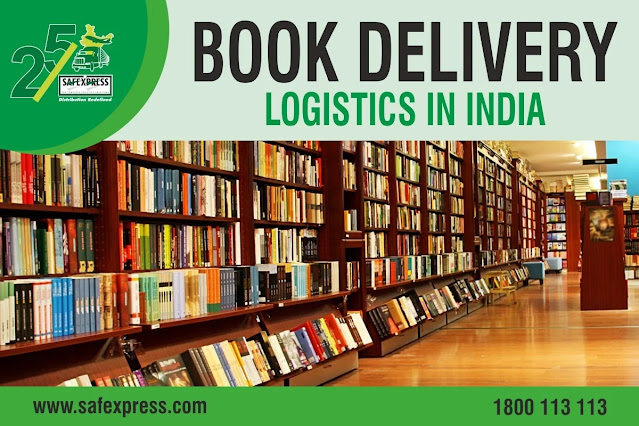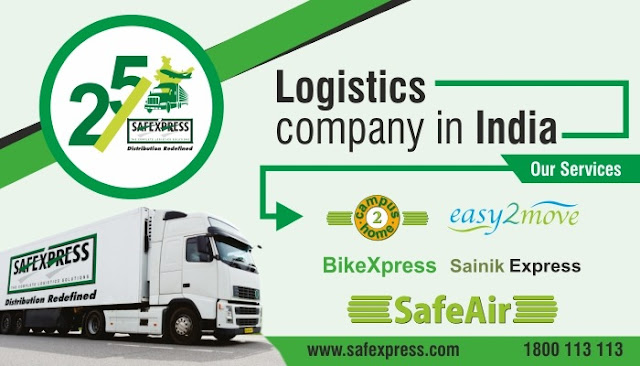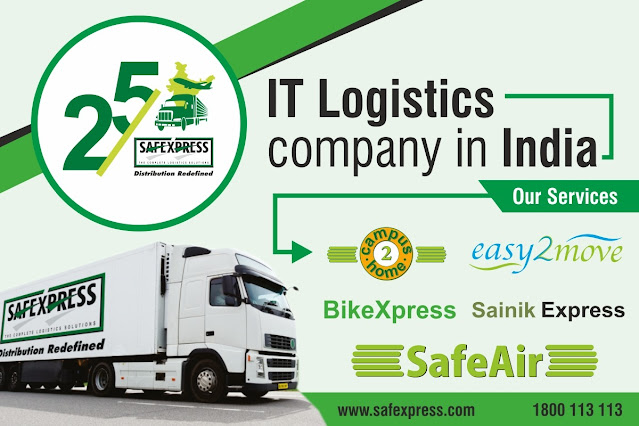Being Amazon Prime member has its benefits. Every promotional or sale events (Diwali Dhamaka, etc.) opens for prime members a day in advance of other less fortunate folks and allows to help ourselves with products of our choice leisurely, with multiplicity of options to choose from. From a regular for books to my foray over the time in different product segments, I should admit, has been occasioned by my Prime membership.
Being a Prime member residing in a Prime city, I am offered a window of opportunity to make an early commitment to a product and it is incumbent on the portal to stay true to its offering. And the portal has pampered my lot of Prime members by “setting aside” a portion of select products while at the same time introducing us to other novel stuff. Brilliant, one’d say. They are shitty at times too but I often wondered with amazement as to how these platforms pull off such shows!
Virtual warehousing is all about managing with the inventory data virtually while physical inventory in itself could be located at separate places. Virtual or data warehousing in effect, is a compilation of inventory on a single platform and then relating them with network of fulfillment centres and logistics companies.
So, once an order is placed on the platform, the virtual warehouse will locate the product within the network and irrespective of where the product is physically stored, virtual warehouse will identify the best possible way to fulfill the order as quickly as possible. What virtual warehouse achieves in effect is it simulates a virtual supply chain, a network comprised of different networks of logistics companies and physical warehouses comprised of fulfillment centres and stores of marketplace sellers.
So, billions of products physically warehoused by fulfillment centres and with sellers spread over the length and breadth belonging to millions of registered suppliers are taken care of by a host of logistics companies but the entire operation is managed on virtual warehouse. This involves a complex web of artificial intelligence and metadata. Brick & mortar structures of suppliers, sellers and fulfillment centres on one side and vehicles and network of logistics companies on the other essentially become sideshows.
A burgeoning middle class in constant search of instant gratification will choose a platform that can deliver them that the first and virtual supply chain giants like Amazon, eBay, Flipkart & others have been the most successful ones. Indeed, the rise and rise of virtual warehousing can be attributed to these players. And with more and more online retail brands choosing virtual warehousing coupled with a strong omnichannel supply chain system, it is imperative to look at the challenges that are inherent in the model.
Businesses would be in doubt about their own decisions regarding stock availability, allocation, and fulfillment. A panacea sort of thing can end up being at odds with physical world.









